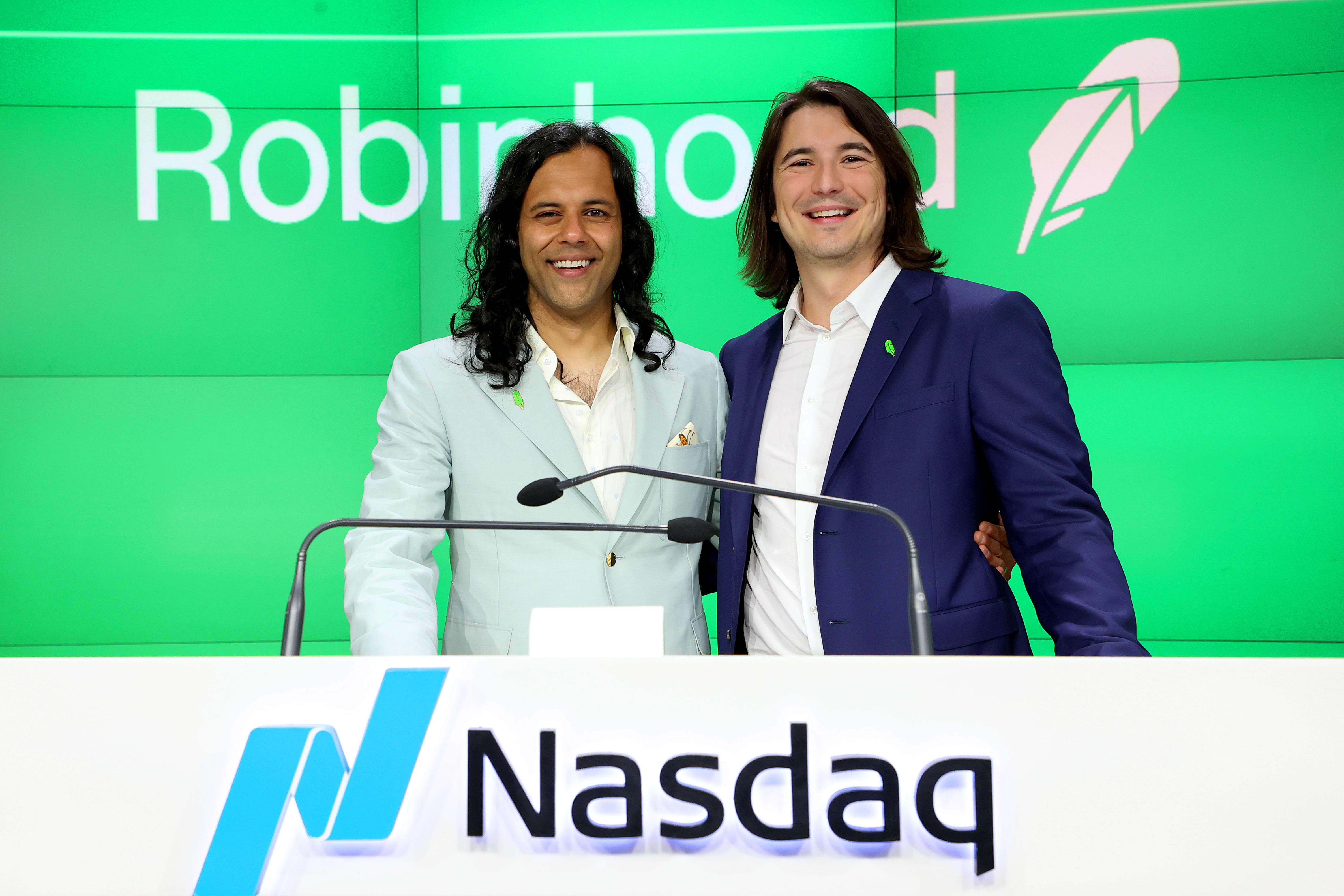Products You May Like
Robinhood’s chief legal officer, who used to work at the SEC, said the back-end payment brokerages receive for directing clients’ trades to market makers is ultimately a benefit to retail investors.
The SEC is “going to arrive at the conclusion that payment for order flow is undoubtedly an amazingly good thing for retail investors and they’re not going to ban it,” Robinhood’s Dan Gallagher told CNBC’s “Squawk Box” on Monday.
Payment for order flow is one of Robinhood’s largest revenue sources and the way the millennial-favored stock trading app is able to provide zero-commission trading. Payment for order flow is a controversial practice that has garnered attention from regulators and Main Street.
Banning payment for order flow “is on the table,” said Gallagher. “I think they’re going to take a deep look at this issue. I think, by law, they have to go through a very arduous process.”
SEC chair Gary Gensler told Barron’s last month that payment for order flow has “an inherent conflict of interest.”
“At Robinhood, [payment for order flow] is the life blood of a no commission, no minimum balance brokerage. This is what has brought in a whole new generation of investors,” added Gallagher.
Following an epic short squeeze in GameStop’s stock in January that forced Robinhood to limit trading on certain securities, Robinhood CEO Vlad Tenev was forced to testify to the U.S. House Financial Services Committee in February. Legislators criticized payment for order flow for the conflict it has with market makers like Citadel Securities.
“I think that the overwhelming evidence is that the current market structure works well for retail investors,” said Gallagher.
Shares of Robinhood were unchanged in premarket trading, after closing at $41.17 on Friday.
